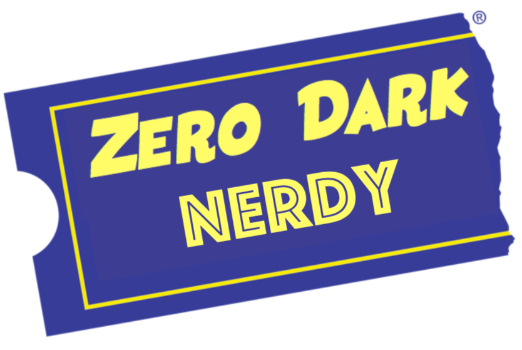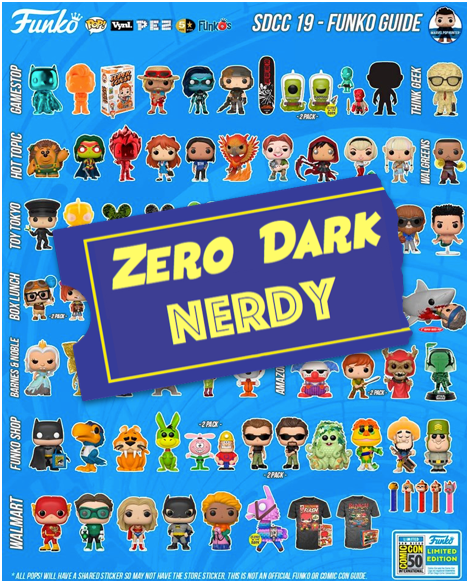Navigating Podcasting During Actors and Writers Strike: Best Practices and Ethical Considerations
In the past few weeks, we've had a lot of discussions with fellow podcasters and influencers on what are the best practices and ethical considerations to be considered for those of us who support SAG-AFTRA and Writers (which we here at Zero Dark Nerdy completely support). There's been a lot of speculation as well as back and forth, but after doing some research it looks like we may have the answers to show support to the people that entertain us across tv, film, online, and more. We hope this info helps and we also included some links at the bottom for reference.
In the entertainment industry, strikes can sometimes disrupt the usual flow of content creation. During times of actors and writers strike, the production of TV shows, movies, and other traditional media might come to a halt. However, one medium that can thrive even during such periods is podcasting. Podcasts offer a unique platform for storytellers, actors, and content creators to continue engaging with their audience, entertain, and foster creativity while respecting the rights and demands of the striking workforce. In this blog, we will discuss the best practices for podcasting during actors and writers strikes and explore the ethical considerations that content creators should keep in mind.
- Embrace Original Content
During a strike, it's essential for podcasters to create original content that doesn't infringe upon existing intellectual properties or rely on the work of striking writers and actors. While it may be tempting to use existing scripts from TV shows or movies, doing so could lead to legal repercussions and perpetuate the exploitation of the striking creators. Instead, focus on creating new and compelling narratives that showcase your creative abilities and engage listeners.
2. Raise Awareness and Support
Use your podcast platform to raise awareness about the issues surrounding the strike and support the striking workforce. Dedicate episodes to discussing the reasons behind the strike, the demands of the workers, and the importance of fair treatment and compensation for creative professionals. Promote initiatives and organizations that are working towards resolving the dispute in a just and equitable manner.
3. Engage with Your Audience
Transparency is crucial during times of uncertainty. Engage with your audience and keep them informed about the situation and how it might affect your podcast's regular schedule or content. Show your support for the striking workforce and encourage your listeners to do the same.
4. Prioritize Independent Productions
Support independent production companies and studios that operate ethically and treat their talent fairly. By promoting independent creators during the strike, you contribute to a more diverse and inclusive podcasting landscape while avoiding the potential pitfalls of crossing picket lines or working with entities that exploit striking workers.
5. Seek Legal Advice
If you have any doubts about the content or collaborations you're considering during the strike, consult with legal experts well-versed in entertainment and labor law. They can provide guidance on navigating potential legal issues and ensure you remain compliant with the law and the demands of the striking workforce.
Conclusion
Podcasting can be a powerful medium for creativity and storytelling, even during challenging times like actors and writers strikes. By following these best practices and ethical considerations, content creators can maintain the integrity of their work while respecting the rights and demands of the striking workforce. Through responsible and compassionate actions, podcasters can not only weather the storm of a strike but also contribute positively to the broader conversation surrounding fair treatment and compensation for creative professionals in the entertainment industry.
Article by Brian from Zero Dark Nerdy
Here are some fan-favorite podcast episodes below:






0 Comments